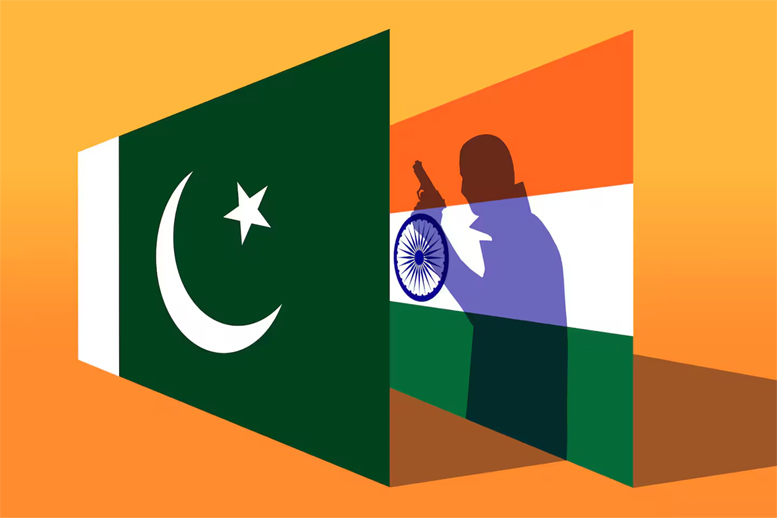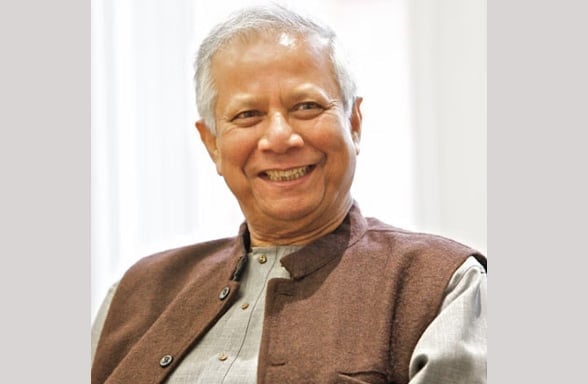
Online Desk: The report adds that Indian Prime Minister Narendra Modi having positioned himself as the most assertive Indian leader since independence, is the driving force behind the the nation’s actions beyond its borders. These accusations highlight a new phase in the shadow conflict between the two nuclear-armed neighbors.
Modi’s modus operandi: Dubai links and unregulated funds
Investigations reveal a sophisticated network allegedly orchestrated by RAW. According to Pakistani and Western intelligence officials, intermediaries in Dubai act as coordinators, hiring local criminals or Afghan nationals and funneling payments through informal banking channels like hawala. The operatives are believed to receive detailed instructions, often based on intelligence gathered through India’s extensive regional network.
According to the report, India’s murder-for-hire tactics used against dissidents in the West were initially developed and honed in Pakistan before being employed in other countries. India’s incumbent national security adviser, Ajit Doval, said back in 2014 that it was unrealistic to invade Pakistan but that India should use covert means to punish Pakistan for backing militant groups that attack Indian troops and civilians.
Internationjal allegations and regional implications
Around the same time, a US federal indictment revealed that Vikash Yadav, an officer with India’s Research and Analysis Wing (RAW) in New Delhi, was behind an assassination attempt targeting Pannun, a Sikh separatist living in New York. Yadav instructed his associate, businessman Nikhil Gupta, to hire a local assassin. Similar to operations in Pakistan, Yadav appeared under time pressure and suggested a larger operation aimed at eliminating multiple targets.
However, unlike the events in Pakistan, US authorities quickly thwarted the plot after Gupta unknowingly reached out to a DEA informant for help in connecting him with a hitman. Simultaneously, Canadian officials uncovered an extensive Indian campaign against the Sikh diaspora, involving surveillance, intimidation, and even murder attempts.
While criminal elements were involved, Indian diplomats in Canada were also implicated in monitoring Sikh communities. Canadian officials referenced private communications and text messages between the diplomats, though the means by which these messages were obtained remains unclear.
Diplomatic deadlock
Despite sporadic attempts at peace talks, relations between the two countries remain tense. Pakistan has highlighted India’s covert operations as being part of a broader strategy to pressure Islamabad on issues like Kashmir and counter-militancy efforts. The revelations come as both nations grapple with internal challenges—Pakistan with economic turmoil and India with growing international scrutiny over its human rights record. India’s covert killings, however, adds a dangerous layer to an already volatile geopolitical equation.







